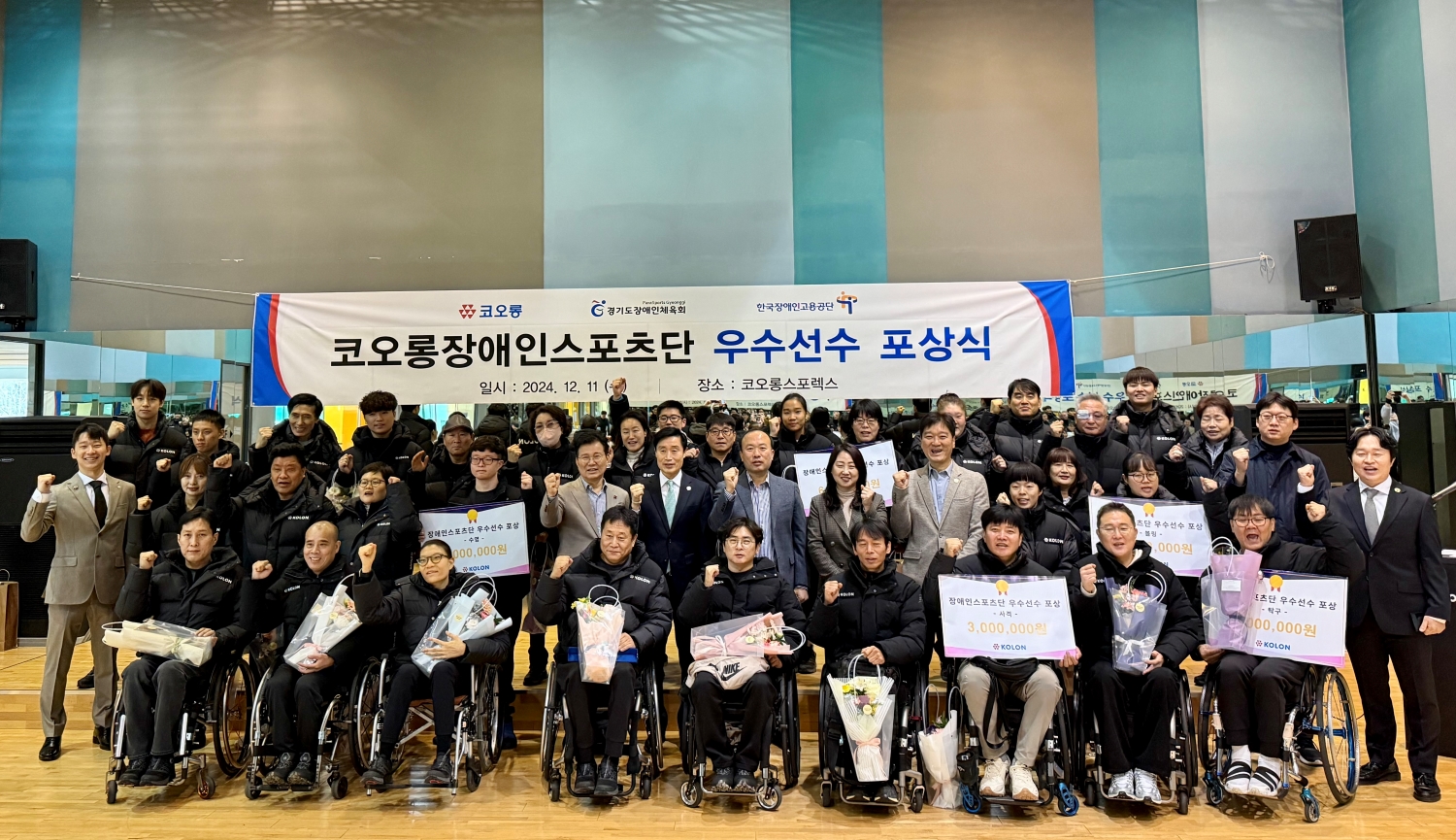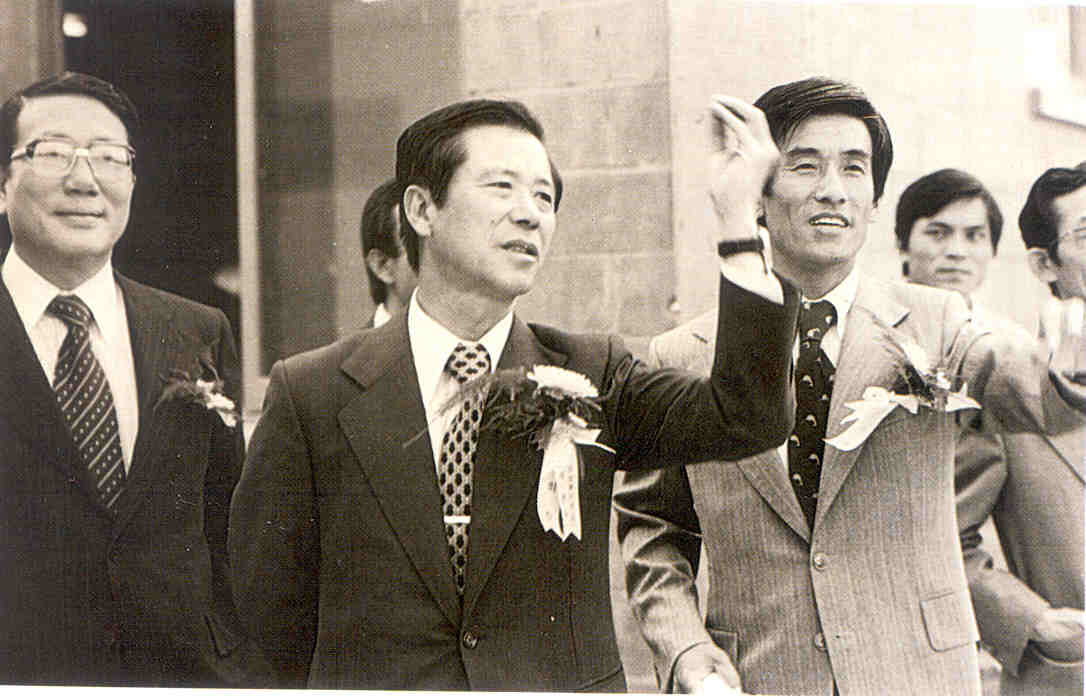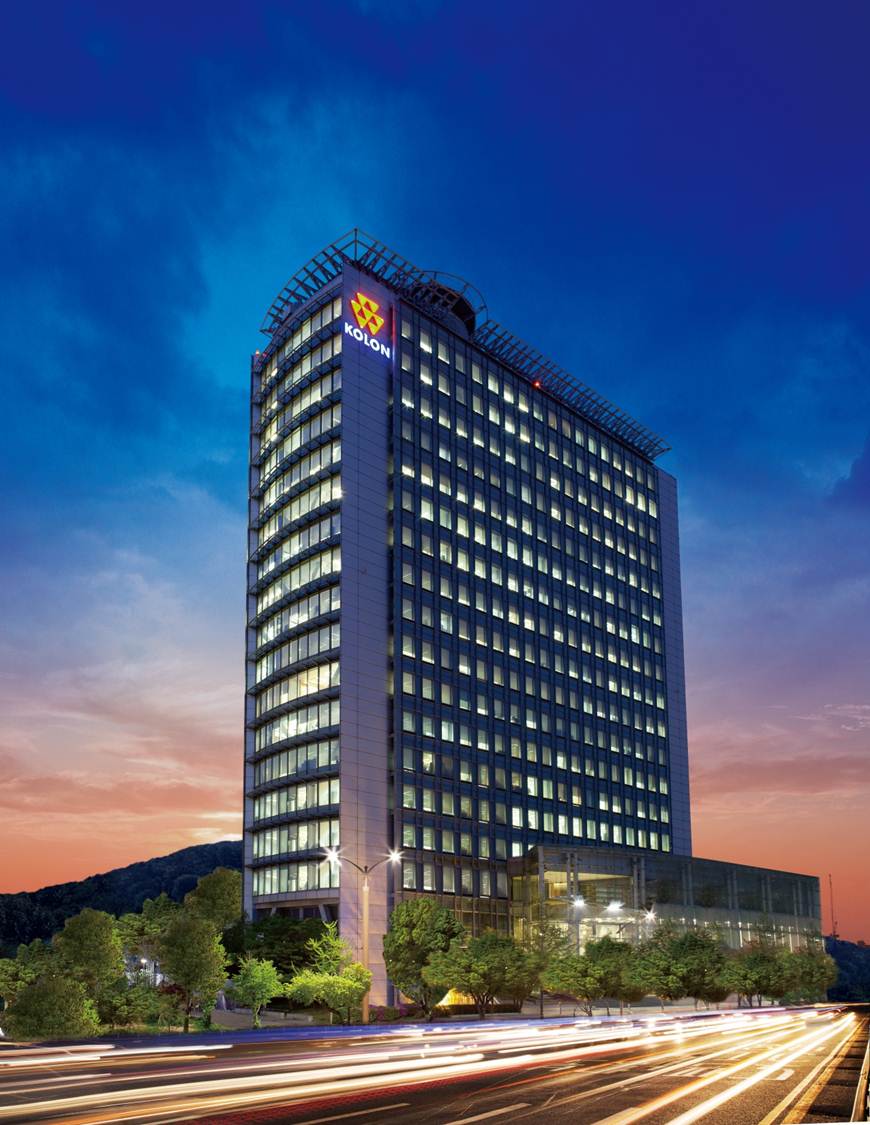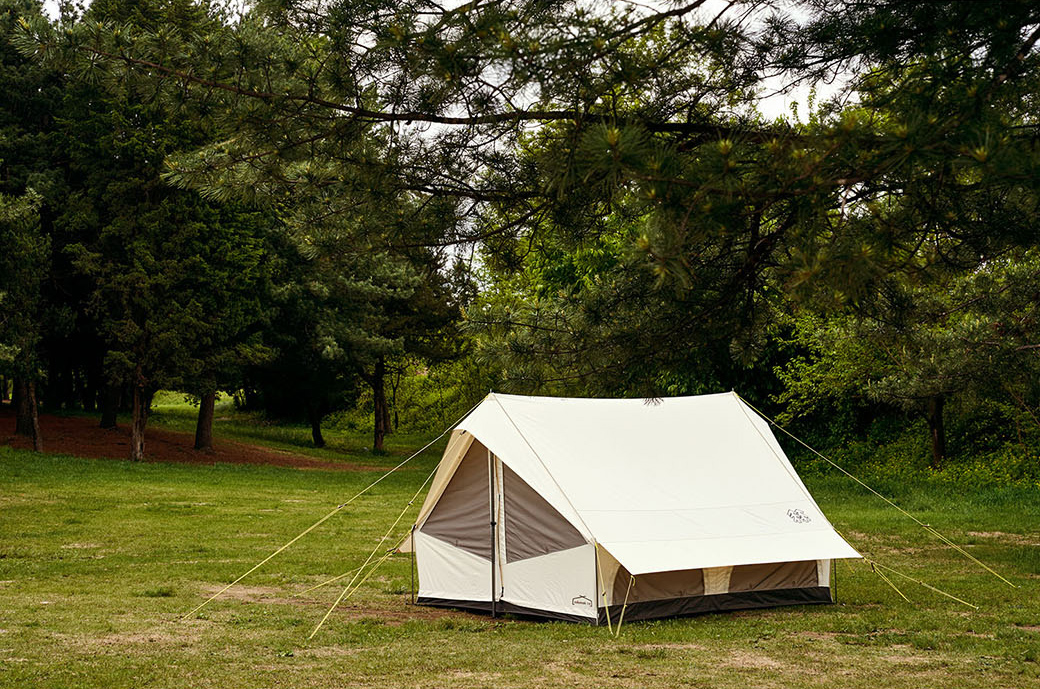▷ Kolon succeeds for the first time in Korea to recycle large amount of face mask waste
▷ First suggested by Honorary Chairman Woong-Yeol Lee during the Go Go Challenge, an environmental relay campaign, in October 2021; all Kolon business sites started to collect used face masks nationwide
▷ Collected c.a. 300kg of used masks up to August 2022, which were recycled into 29,000 clothes hangers; generated effect of planting 1,844 pine trees by reducing use of plastic
Face masks have become a daily staple with the prolonged COVID19 pandemic. The quantity of disposable face masks that we use has incomparably increased and the disposal of face mask waste is emerging as an environmental issue.
For the first time in Korea, Kolon Group and the staff are taking part in an everyday environmental campaign, where they collect face mask wastes and recycle them into clothes hangers. There were many attempts to reuse the polypropylene (PP) in disposable masks, but were faced with various difficulties such as having to separate the mask filters, nose wires and straps. Through the internal campaign, Kolon Group succeeded in creating the habit of disassembling the face masks after use and recycling them for the first time in Korea.
The disposable mask collection and recycling campaign began in October 2021, after the proposal made by Honorary Chairman Woong-Yeol Lee during the Group-wide environmental relay campaign, the Go Go Challenge. Approximately 60 million disposable face masks are thrown away in a month in Korea alone; they take over 450 years to naturally decompose, and have been adversely impacting the ecosystem as they release microplastics.
As a solution to this issue, Kolon Group installed mask waste collection boxes in 7 of its major business sites nationwide, and has been handing out disposable mask collection bags to encourage the staff to easily take part in the campaign.
The collected face mask wastes were transformed into clothes hangers to be used by FnC, Kolon Industries. FnC has to use clothes hangers for display due to the nature of the fashion business; FnC was not only able to save cost by using these recycled clothe hangers, it was also able to contribute to environmental protection by reducing the use of plastic. The collected mask wastes were primarily mixed with other subsidiary materials and were made into approximately 2 tons of polypropylene pellets, which were then transformed into around 29,000 clothes hangers. In general, 1.5 tons of carbon is emitted to produce 1 ton of polypropylene that is used to make face masks or clothes hangers and 1.2 tons of carbon when incinerating the mask wastes. It is deemed that the recycling campaign could generate the effect of reducing 5.4 tons of carbon emissions, which corresponds to planting 1,844 15-year-old pine trees.
Kolon Group plans to continue the disposable face mask collection. The first lot was used to make recycled clothes hangers, but the plan is to expand the use of the recycled material, considering how widely used polypropylene is. Seung-Il Kim, Kolon's social responsibility head, remarked that “the recycling campaign started off from the thought that disposable face masks designed to protect our health should not be a cause of environmental pollution. We will generate more ideas so that the disposable face mask wastes could be recycled and used in more diverse areas so as to reduce the use of plastics.”
Kolon Group is engaging in numerous environmentally friendly activities as a means of ESG management. Kolon Industries developed and commercialized the polyester film (PCR PET film) using recycled plastic (Post Consumer Recycled, PCR) for the first time, and also succeeded in developing PBAT (Polybuthylene Adipate-co-Terephthalate), biodegradable plastic that naturally decomposes within 6 months after burying unlike ordinary plastic. The FnC division of Kolon Industries launched the recycled fashion brand, “RE;CODE,” and is operating “weDO” which is a category within the company’s online mall that sells sustainable products.
KOLON Group's mobile web is optimized for vertical screens.




